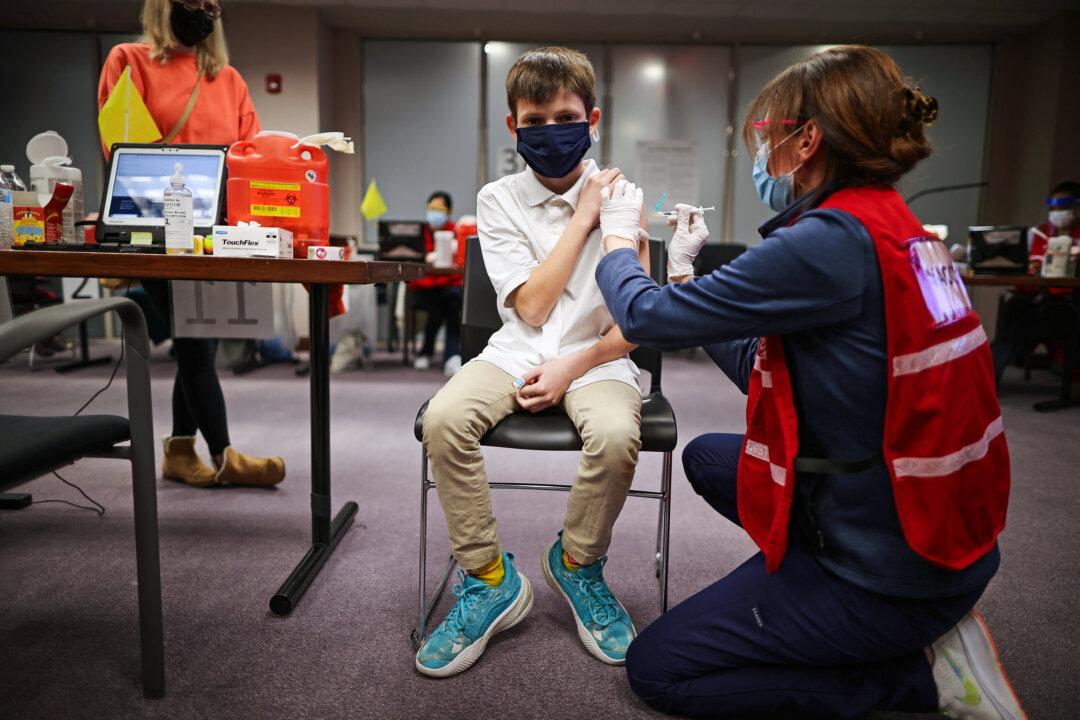A peer-reviewed study from Portugal revealed an incident of psoriatic arthritis in a woman just a month after taking the second dose of COVID-19 vaccine.
The study, published in the Cureus journal on Dec. 18, detailed the potential negative effects of the COVID-19 vaccine on a 56-year-old woman who was under treatment for plaque psoriasis for 44 years.





